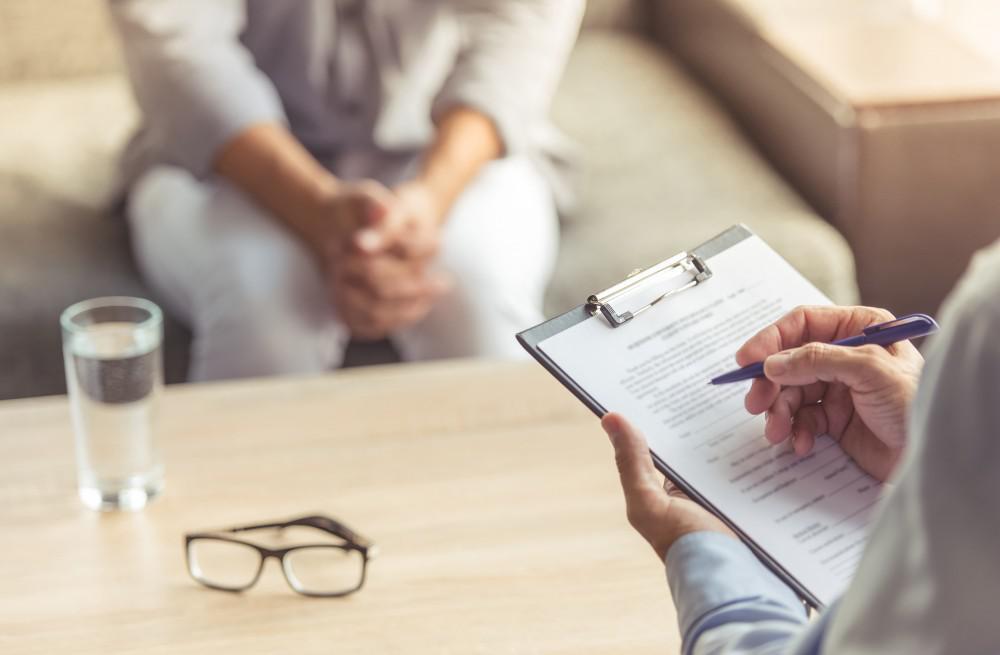
Millions of women in America struggle with stress incontinence. However, knowing you’re in good company simply isn’t good enough when it comes to stress incontinence. Unfortunately, many women are too embarrassed to discuss incontinence with their providers.
At Tim Martin MD in Abilene, Texas, our care providers understand and are here to help, and we offer expert care as part of our comprehensive line of services. Led by Dr. Tim Martin, our team knows incontinence is a sensitive issue. We also know stress incontinence isn’t normal, and you don’t have to live with it any longer.
Take a moment to learn what you can do to make stress incontinence a worry of the past!
What is female incontinence?
Female incontinence describes the inability to hold in urine until you’re ready to use the toilet. Incontinence causes leaks and sometimes full loss of control over your bladder.
Although there are different types of female incontinence, including overactive bladder (urgency incontinence) and mixed incontinence, many women struggle with one type: stress incontinence.
All about stress incontinence
Doctors diagnose more women with stress incontinence than any other kind. Stress incontinence also strikes females of all ages instead of predominantly older women. Symptoms of stress incontinence include leaking urine when you exercise (especially impact exercises like running, jumping, or dancing), cough, sneeze, or laugh.
Stress incontinence results when your pelvic floor feels pressure (stress) because of a weakening of the muscles that support your bladder and urethra. The causes of stress incontinence include being overweight or obese, pregnancy and childbirth, and vaginal atrophy.
Vaginal atrophy is a condition that causes changes in the walls of your vagina, making them thin, dry, and weak. It begins as you enter perimenopause and continues to develop after menopause because of changes in hormone levels. This weakening further cripples support to your bladder.
How is stress incontinence treated?
At Tim Martin MD, we evaluate the symptoms of your stress incontinence before creating a treatment plan. Dr. Martin may recommend lifestyle changes to improve your condition, such as losing weight or a regimen of exercises to strengthen your pelvic floor.
For many women, however, vaginal radiofrequency treatments with Votiva by InMode can provide lasting relief. This treatment method is pain-free, and you won’t need any downtime after your session.
Votiva is the first and only device on the market that addresses both internal and external vaginal issues, like stress incontinence. Your provider at Tim Martin MD inserts a vaginal probe that emits radiofrequency energy into the tissues of your vagina.
This energy painlessly stimulates your body’s natural production of collagen and elastin, improving the tone and elasticity of your vaginal tissues. The result? You’re back in control of your bladder, eliminating your embarrassment and discomfort.
There’s no need to struggle with stress incontinence any longer! Call Tim Martin MD in Abilene, Texas, to schedule an exam or make an in-office or telemedicine appointment using our online booking tool.
